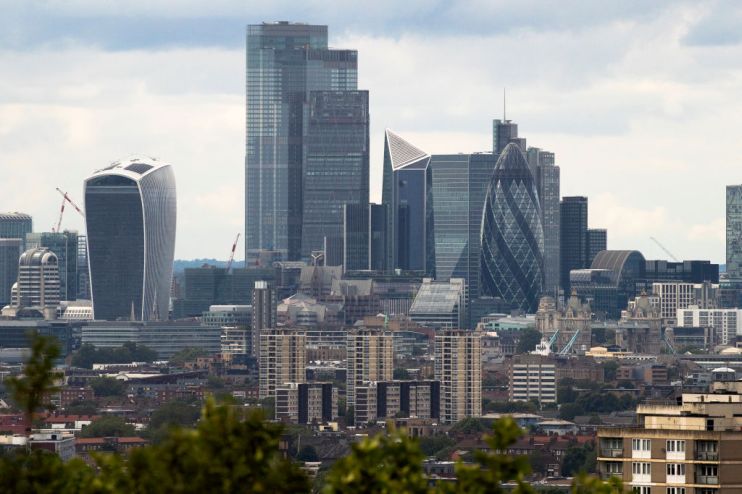City job losses loom amid government tax grab and recession

Square Mile banks, brokers and insurers will shed jobs to alleviate pressure on their balance sheets from the government hiking taxes, the new Lord Mayor of the City of London has warned.
Nicholas Lyons, the freshly minted 694th Mayor of the City, told Bloomberg today he expected “there will be some job losses” after chancellor Jeremy Hunt heaped more taxes on households and businesses despite the UK tumbling into a recession.
Lyons said finance firms will “have to cut costs” if they “want to continue to be able to pay dividends to pensioners”.
Last week, Hunt raised taxes and cut spending £55bn to shore up the country’s public finances.
The fiscal tightening came despite the Office for Budget Responsibility warning Britain is headed for an at least year long recession and the biggest hit to living standards on record.
Hunt did reduce the bank surcharge to three per cent from eight per cent. However, lenders will still pay a higher headline corporation tax than most sectors.
The City generates an enormous share of the UK’s GDP, raising fears over the coming recession being intensified by finance firms scaling down to offset a heavier tax burden.
Today, the Organisation for Economic Co-operation and Development warned the country is on course for the worst economic downturn of any rich nation over the next two years.
“It is London’s vast tax take that’s helping keep afloat a country that is very reliant on the city’s economy. In these difficult times for the UK, this reliance on London is more important than ever and ministers will be cautious of anything that might erode the city’s contribution to the nation’s coffers,” Nick Bowes, chief executive of the Centre for London think tank, told City A.M.
“What we need is a government that brings forward sensible economic policies for all industries in the capital and remembers that when London succeeds our whole country benefits – and vice-versa,” Rajesh Agrawal, deputy London mayor for business, told City A.M.
A treasury spokesperson said: “We have been honest about the difficult decisions we face and are asking those with more to contribute more.”
“Our individual allowances for investment income remain some of the highest in the world, and it is right that we reform them to support strong public finances and make the system fairer.”